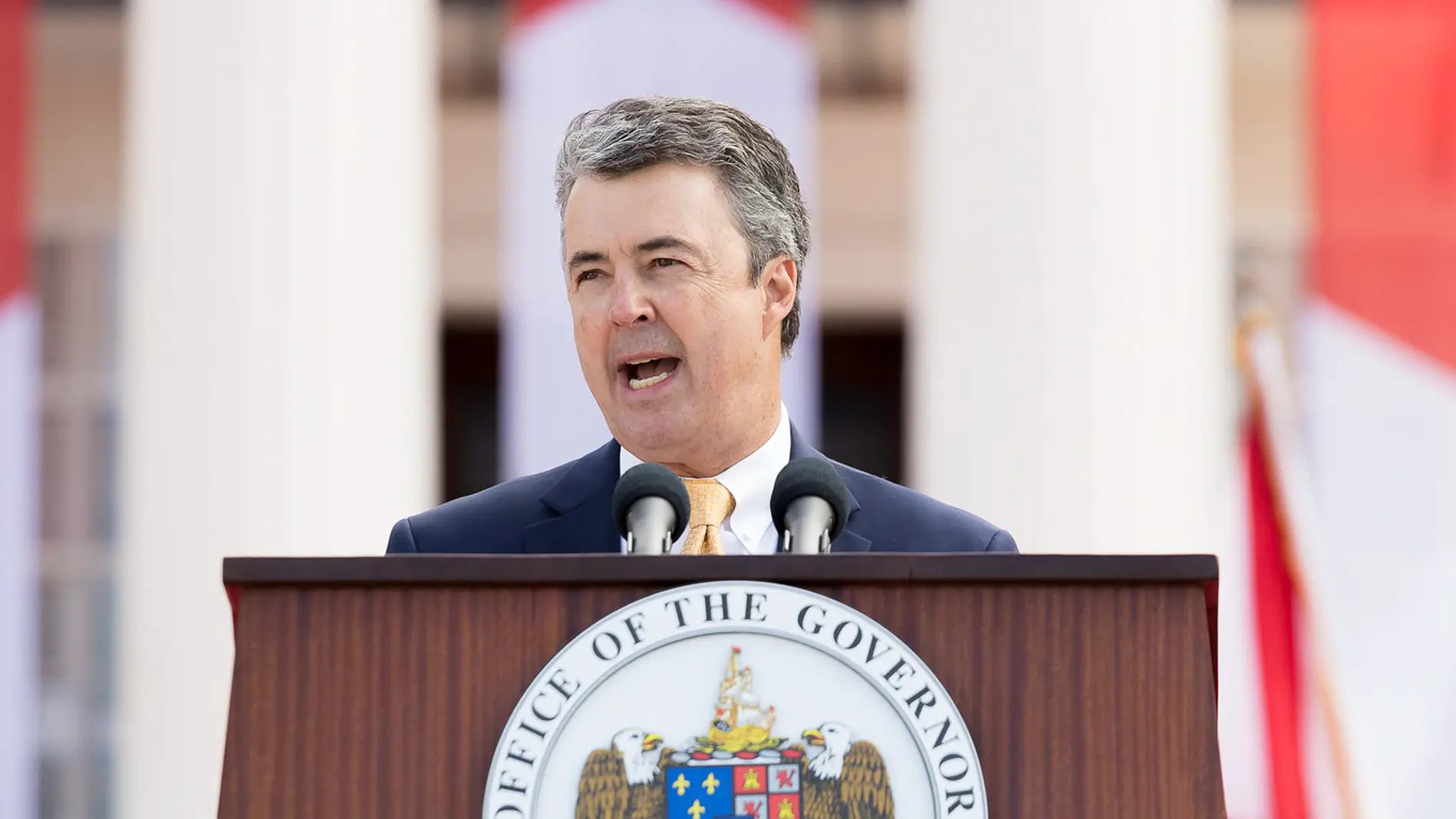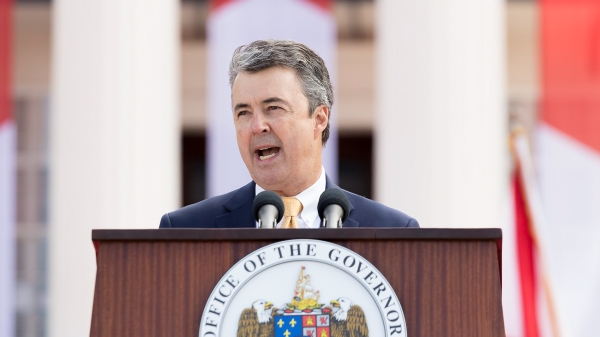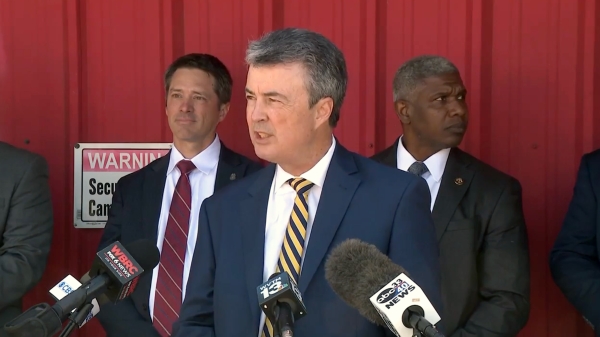|
Getting your Trinity Audio player ready...
|
A federal judge is set to rule on whether Alabama can prosecute healthcare providers and advocates who assist pregnant patients in seeking abortions outside the state. Since the 2022 Supreme Court decision to overturn Roe v. Wade, Alabama has enforced one of the nation’s strictest abortion bans, with no exceptions for rape or incest. Attorney General Steve Marshall has threatened to use the state’s criminal conspiracy law to target those who “aid and abet” abortions, including counseling and financial assistance for out-of-state procedures.
This stance has alarmed healthcare providers and advocacy groups like the Yellowhammer Fund and West Alabama Women’s Center (WAWC), which sued Marshall to prevent prosecution. These organizations argue that Marshall’s threats create a chilling effect, stifling their ability to provide necessary information and support to individuals seeking abortions in other states.
The lawsuits, consolidated into a single case, argue that Marshall’s threats violate constitutional rights, including the First Amendment and the right to travel. The plaintiffs, represented by the ACLU of Alabama, fear that even providing counseling or directing patients to resources for out-of-state abortions could result in criminal charges.
The case has broader implications beyond Alabama. Advocates warn that if Marshall’s position is upheld, it could further isolate individuals seeking abortions by cutting them off from essential support networks. They argue that such actions represent a dangerous overreach of state power and could set a troubling precedent for other states.
The plaintiffs’ concerns are compounded by the challenges of abortion access in the Southeast, where many states have imposed bans or severe restrictions. Even before Roe’s overturning, abortion access in Alabama was limited, with many patients needing to travel out of state. Now, with abortion nearly impossible to obtain within the region, patients must navigate a complex legal landscape and travel significant distances to access care.
The ruling could have significant ramifications. A win for the plaintiffs would send a clear message that states cannot use criminal laws to intimidate those assisting in legal medical procedures elsewhere. Despite Alabama’s strict abortion laws remaining in place, advocates hope that the ruling will at least protect those providing crucial support from criminal penalties.
As the case nears its conclusion, all eyes are on U.S. District Judge Myron Thompson, who previously declined Marshall’s request to dismiss the case. His upcoming decision could shape the future of abortion-related prosecutions and set a precedent for how far states can go in enforcing their abortion bans beyond their borders.





















































